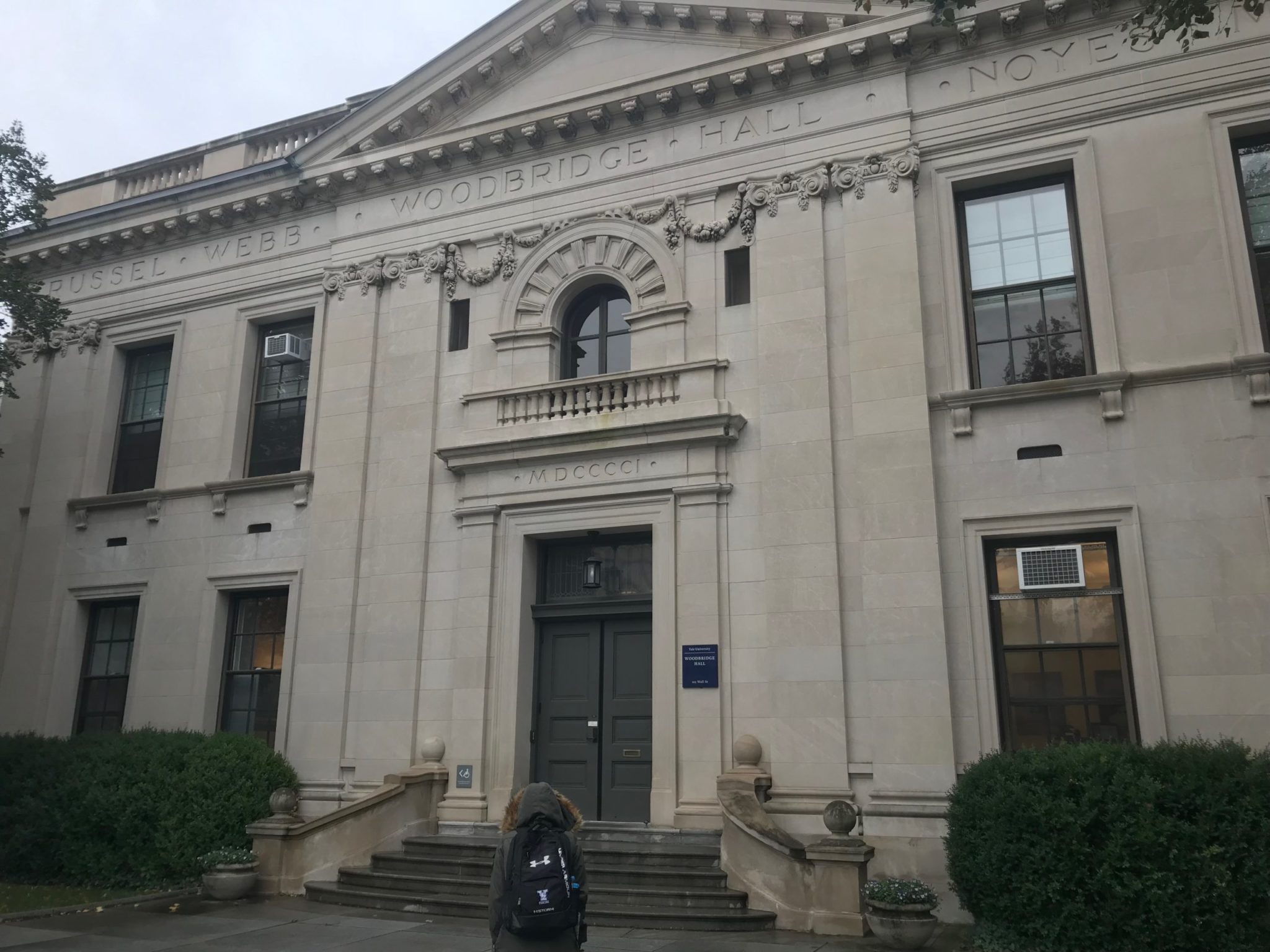
Nick Tabio
Shortly after the Harvard Corporation and Board of Overseers announced they voted to limit the number of petition candidates who can try for a seat on their Board, members of the Yale community expressed their concerns about the new rules.
Similar to the Yale Corporation, Harvard’s Corp and Board serve as the principal governing body of their institution. While alumni members of both schools’ Boards are typically nominated and vetted before gaining their seats, Corporation hopefuls who do not secure a nomination can choose to try for a seat via petition. The new rules at Harvard come after three members of Harvard Forward — a petition campaign dedicated to climate justice, inclusive governance and ethical investing — were elected to the Board of Overseers.
They also come amidst two petition campaigns at Yale, by Maggie Thomas ENV ’15 and Victor Ashe ’67. Both candidates expressed concerns that, due to similarities in the Harvard and Yale governing structure and a surging interest in petition candidates at Yale, similar changes might be implemented at the University.
“I hope that Yale recognizes that its alumni are seeking to actively participate in the University’s governance, and if presented with a similar situation, would fight for more inclusive and democratic participation in the Yale Corporation Alumni Fellow Election, rather than changing the rules to insulate Yale’s trustees from their fiduciary duty to act in the best interest of the university and those it serves,” Thomas wrote in an email to the News.
The Yale Corporation Alumni Fellow Election is the formal name for the yearly process by which alumni vote for Alumni Fellows, who comprise six of the 17 members of the Yale Corporation.
This year, there are two petition candidates, Thomas and Ashe. Thomas is running under the campaign Yale Forward, a sister campaign to the one at Harvard. Ashe, a former mayor and diplomat, is running with the hope of changing the election process for the Corporation.
Harvard’s Board voted according to a recommendation from a report submitted by a special committee formed by Harvard’s governing boards. The recommendations contained within were drafted in response to their own observations surrounding the election process, as well as the prior efforts of the previously convened election working group. In the committee’s 23-page report on “Aspects of the Board of Overseers,” they specifically mentioned Harvard Forward’s campaign as a cause for concern, as well as a 2015-2016 petition campaign by five other individuals.
The authors of the report worried that, should petition candidates continue to mount vigorous campaigns against the candidates nominated by the Nominating Committee, nominated candidates will be deterred from running.This is due to the prospect of needing to establish a timely and expensive campaign. The report noted concerns surrounding the significance of candidates running on an issue-based platform populating the board.
“We are concerned by the prospect that, without a change in the current system, the Board might before long come to be populated more by members of issue-driven caucuses, sponsored by advocacy groups, and less by individuals who have emerged from a deliberative process in which a nominating committee focuses on their capacity to fulfill the broad-ranging responsibilities of board service,” the committee wrote. “We regard these concerns as sufficiently significant to warrant a change in current methods.”
In an email, Martha Schall, associate vice president for institutional affairs, told the News that she is currently not aware of any plans for Yale to change the requirements for petitioning candidates.
Both Thomas and Ashe claimed that, even without further changes, Yale’s requirements for petitioning candidates are already unfair. Thomas noted that Yale has similarly increased barriers for petition candidates in the past.
For example, Thomas told the News that in 1985, after the first woman successfully petitioned onto the ballot, the Yale Corporation increased the signature requirement. Originally just requiring 250 signatures, they raised the minimum to 1 percent of the entire eligible alumni body. Two years later, they raised it again, to 3 percent, which is where it currently stands.
That 3 percent, Ashe told the News, is a relatively high threshold, considering that out of around 146,000 eligible alumni, no more than around 45,000 alumni actually vote on a regular basis. Last May, only 18,135 alumni voted, for a final turnout rate of around 13 percent.
Ashe added that recently, another petition requirement was changed: Petition candidates must now declare their candidacy over a year in advance of the May election. In contrast, the alumni who were officially nominated for the 2020 election were announced in April.
“Even Joe Biden didn’t have to do that,” Ashe told the News in an interview.
Last year, voting for the Alumni Fellow Election closed on May 17, 2020.
Madison Hahamy | madison.hahamy@yale.edu







